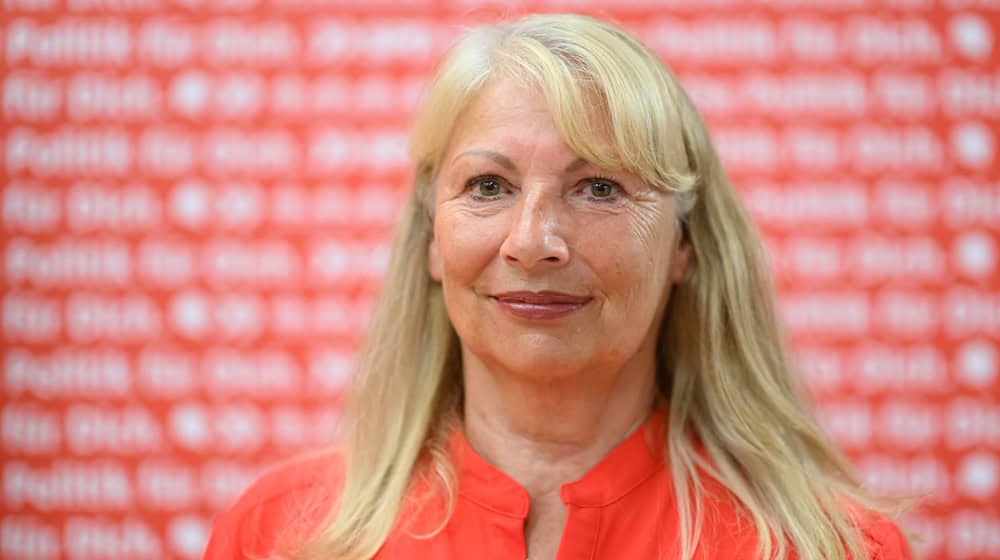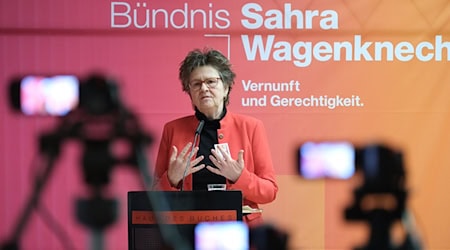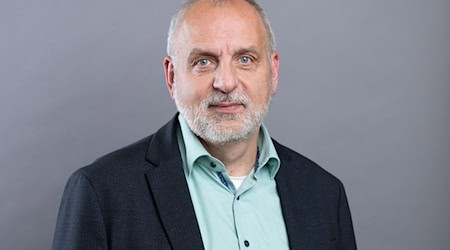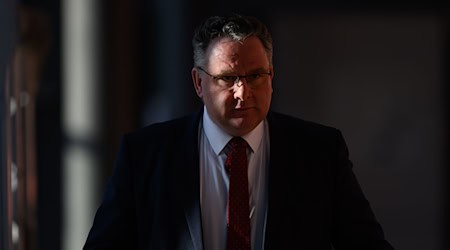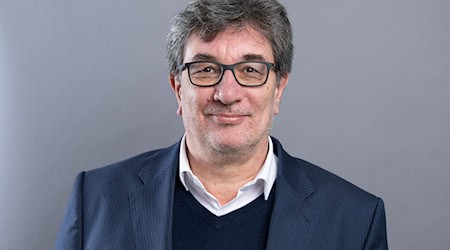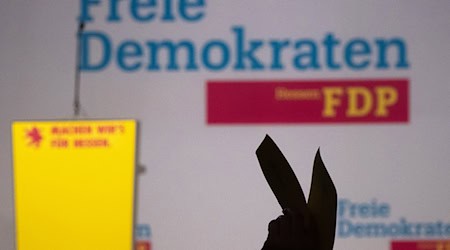The Saxon SPD believes that 95 percent of its coalition agreement with the CDU and the Greens has been fulfilled and looks back on the past five years with pride. It is not possible to say that everything is 100 percent perfect, explained Economics Minister Martin Dulig. But if you have implemented 95 percent, you can draw a positive balance.
For almost an hour, Dulig, top candidate Petra Köpping and party leader Hennig Homann had listed the successes of the SPD-led ministries for social affairs and social cohesion as well as for the economy, labor and transport.
Party leader: We are proud of our record
Homann included a total of 10 years of SPD work in a Saxon government in his summary. A whole range of things had been set in motion. "We are proud of our record." But a good record alone does not produce a good election result. The SPD has proven its ability to turn a government program into practical policy. We need parties that formulate a claim to government in a self-confident and credible manner. The SPD is one of these parties.
According to Homann, a pure coalition of the CDU and the Sahra Wagenknecht (BSW) alliance after the state elections would be a "catastrophe" for Saxony. Both parties would primarily work against the federal government instead of concentrating on Saxony. The CDU's planned cuts policy would therefore also be poison for social cohesion. It was to be expected that the CDU would prevail against an inexperienced party like the BSW.
Homann also made it clear, however: "If necessary, we are prepared to talk to all democratic parties." In view of the polls, an alliance between the CDU, BSW and SPD in Saxony is a realistic option.
Social Affairs Minister Petra Köpping referred to the hospital law, the introduction of an investment program for short-term care, the exemption from school fees for healthcare professions and the massive expansion of school social work, among other things, in her department's review.
Social workers should also be deployed in primary and secondary schools in the future. More than 60 places have now been created through the Social Places program, where an old cinema or pub has been transformed into a new meeting place. Something like this can alleviate the feeling of being left behind in rural areas.
Dulig: The Saxons can rely on us
Economy Minister Martin Dulig said that the SPD had led the economy through difficult crises. Employment in Saxony had reached a record level and unemployment had fallen from 8.8 percent in 2014 to 6.4 percent today. If it hadn't been for the crises, there would be a 5 in front of the decimal point.
According to Dulig, the crises had to be overcome in parallel with the transformation processes. Nevertheless, the feared wave of insolvencies did not occur. Reducing bureaucracy, labor shortages and energy prices are the key issues for companies today. The average gross wage per hour worked has risen from 19.28 euros to 28.33 euros within ten years, which is faster than the national average. Since 2020, more businesses have been registered here than deregistered. In the coming years, a good 30 billion euros will be invested here.
SPD wants to continue seamlessly with government work
Köpping concluded with an outlook. She said that they wanted to "continue as seamlessly as possible", "that is one of the things people expect from us." There will be no radical cuts with the SPD. At the same time, they will talk to their partners about the budget freeze imposed in Saxony. "It can't stay the way it is at the moment."
A new state parliament will be elected in Saxony on September 1. In the latest poll, the CDU (34%) was ahead of the AfD (30%). The SPD and Greens would have to worry about re-entering the state parliament. The BSW would be in with 11%. The Left Party (4 percent) would have to win two direct mandates to return to parliament.
Copyright 2024, dpa (www.dpa.de). All rights reserved

